The navy veteran at the pointy end of Australia’s vaccine rollout ‘reset’
The naval officer charged with rescuing the rollout has a ‘simple mission’ — get every available jab into vulnerable Australians.

The naval officer charged with rescuing the Morrison government’s vaccination rollout has declared he has a “simple mission” — to get every available jab into the arms of vulnerable Australians.
Vaccine operations co-ordinator Commodore Eric Young — a veteran of five Middle East deployments, border protection roles and staff posts in fleet headquarters and the US Navy — made his debut alongside Health Minister Greg Hunt on Tuesday, just days after Scott Morrison put national cabinet on a “warlike footing” to fix the delayed vaccine program.
Mr Hunt said Commodore Young was chosen for the role because of his “operational experience, logistical capability, control of data — he is a trained meteorologist so is used to dealing with complex data — and calm leadership under pressure”.
But the anti-submarine and air warfare specialist is working under a cloud of uncertainty, with the nation’s top health bureaucrat, Brendan Murphy, conceding he can’t tell the vast majority of Australians when they’ll be vaccinated under the government’s recalibrated plan.
Professor Murphy told the Senate’s COVID-19 committee that health authorities and national cabinet were still working to overhaul the rollout, now AstraZeneca was no longer recommended for under-50s because of a very remote risk of blood clots.
“The international supply of Pfizer, which is an even more important vaccine to our rollout now, is subject to ongoing reassessment with Pfizer,” the Department of Health secretary said.
“They’re doing their best as a company to increase their supply but the forward view they can give us of supply with certainty is limited. It’s going to be hard without a clear reliance on domestic supply to be absolutely certain about targets but we will share targets when we have them. I can’t give you an exact prediction at the moment.” Commodore Young — lauded by Chief of Navy Mike Noonan as “one of the most intelligent, politically savvy and industrious people I have ever worked with” — said the vaccine logistics ¬effort was the largest of its type ever undertaken in Australia.
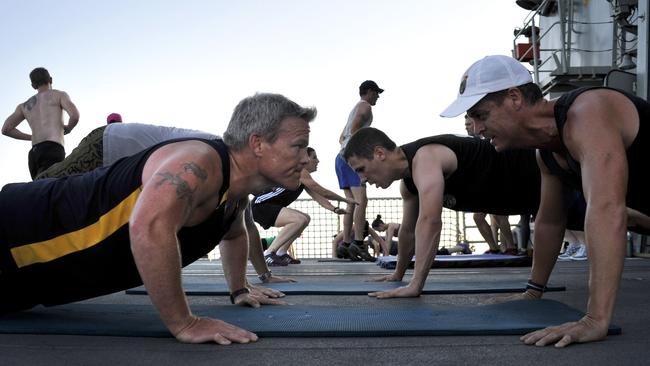
“And while it is complex, we have one very simple mission: to make sure we can get the vaccines that we have available around the country when and where they’re required to protect our most vulnerable Australians, and that’s what we’re focused on doing every single day,” he said.
More than 67,000 jabs were administered on Tuesday, bringing the number of immunised Australians to about 1.7 million.
Commodore Young, who will deliver regular updates on the rollout, said the TGA would conduct batch testing on 173,000 doses of the Pfizer vaccine and 468,000 doses of the AstraZeneca vaccine in coming days.
“Over the coming months, we expect to see a steady increase in both the onshore production of AstraZeneca and the shipping of the Pfizer vaccines. In terms of the distribution of the vaccines, I think the first point to make … is that we distribute every vaccine that is supplied to us with the exception of an appropriate contingency which the (Health) Minister (Greg Hunt) has previously spoken to,” he said.
National cabinet is on Thursday expected to sign off on an acceleration of vaccinations for those aged 50-69, while states are also preparing to introduce more mass vaccination hubs.
Australia is due to receive 20 million extra Pfizer doses in the final few months of the year but Professor Murphy’s comments confirm that is not guaranteed.
Professor Murphy, the nation’s chief medical officer when the pandemic hit Australia, also revealed the government had unofficial advice that Moderna would be “unable to meet supply before quarter four this year”.
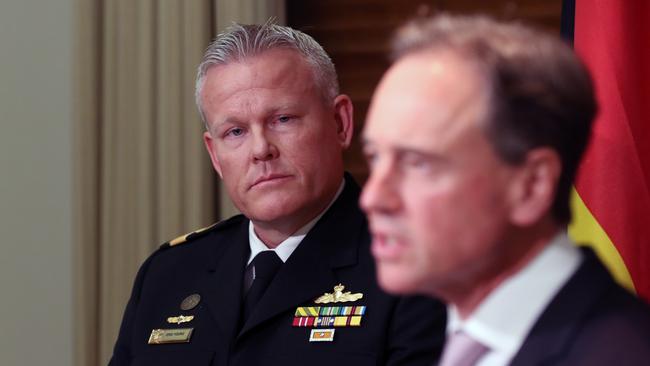
“At the moment we’re not in a position to give an updated time on when vaccination will be completed but I can assure you all the first ministers want it done as quickly as possible and that’s what we’re working to,” he said.
The government has a contract for 51 million doses with Novavax, which was originally meant to deliver 10 million vaccines by the middle of the year. The company has now advised Australia will get “some doses” between July and September but it was unclear exactly how many.
The Senate also heard that just 6.5 per cent of the 25,000 Australians living with a disability in residential facilities had been vaccinated, with 1448 receiving their first dose and 192 having had their second dose.
Department of Health associate secretary Caroline Edwards said disabled people in residential care were the government’s “highest priority” and their vaccinations were being ramped up.
The vaccination of aged-care residents would be completed in May, Professor Murphy said. The rollout, meant to see four million people vaccinated by March, has been slowed by the AstraZeneca issue and delayed shipments from offshore.


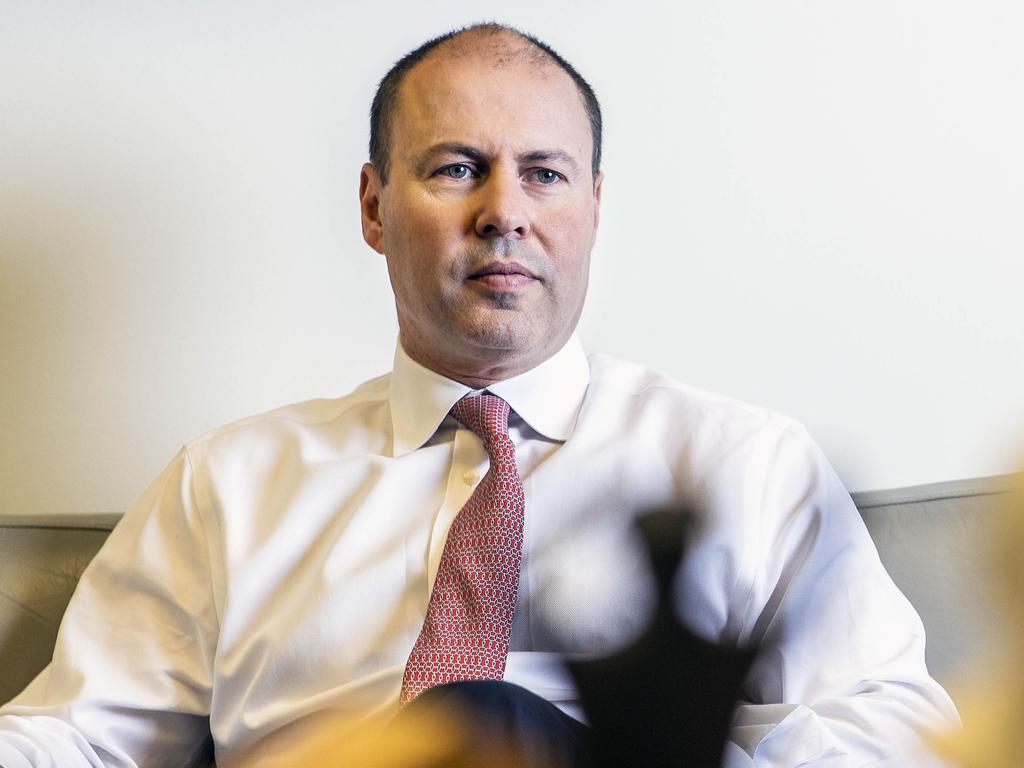
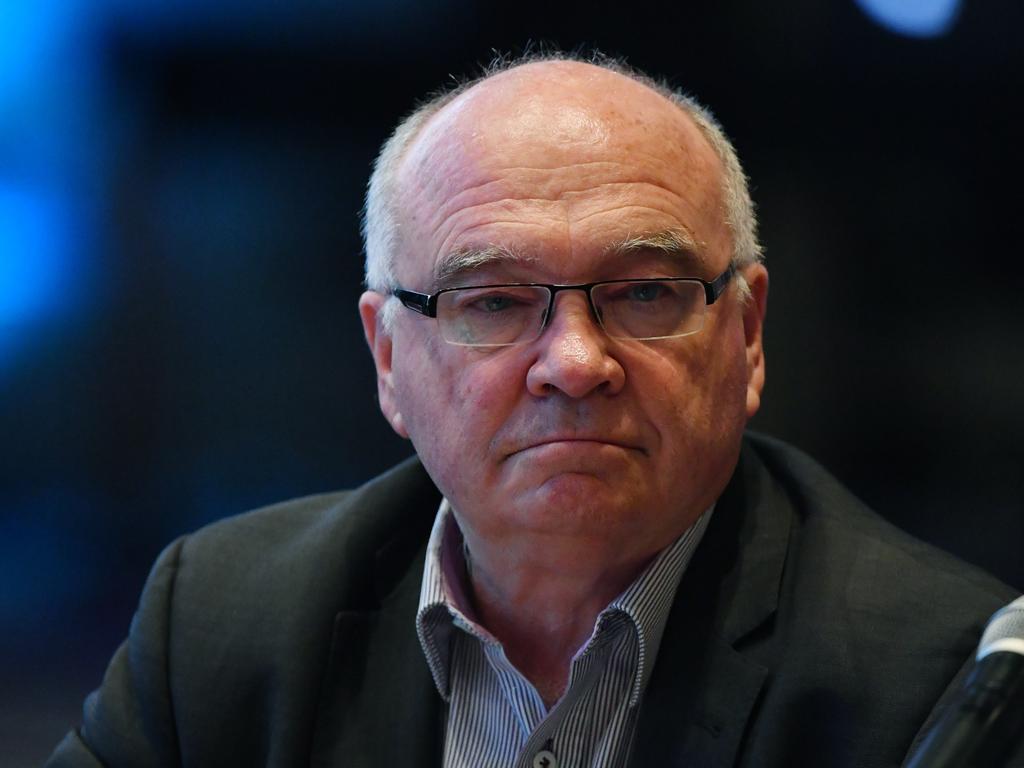
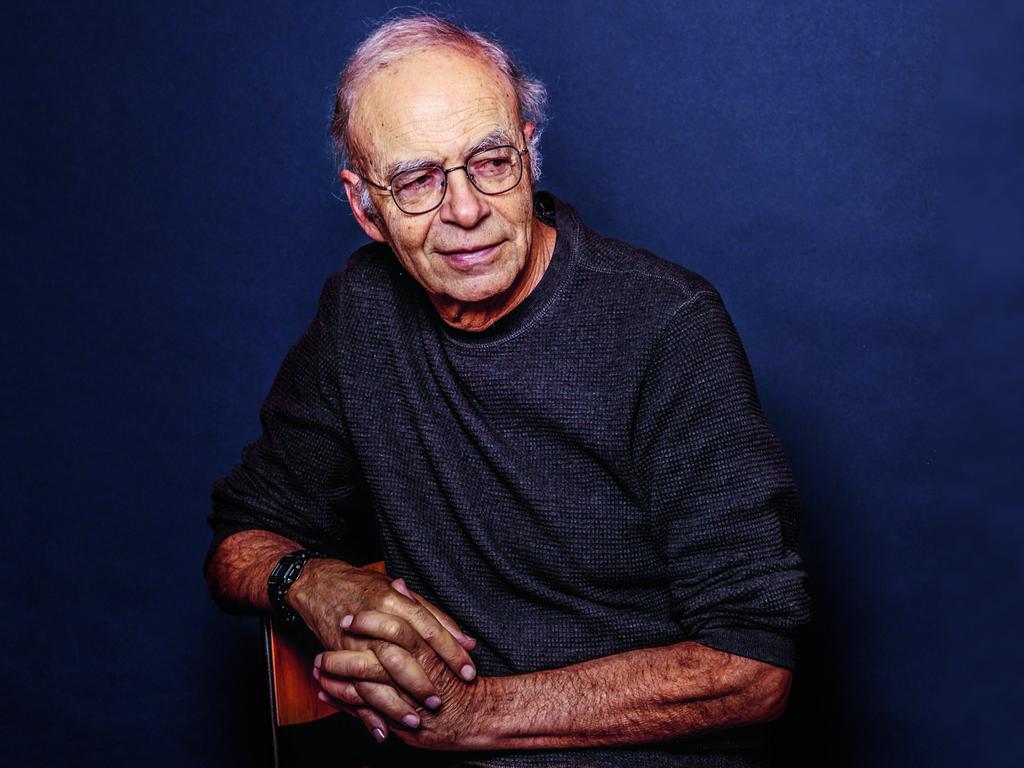
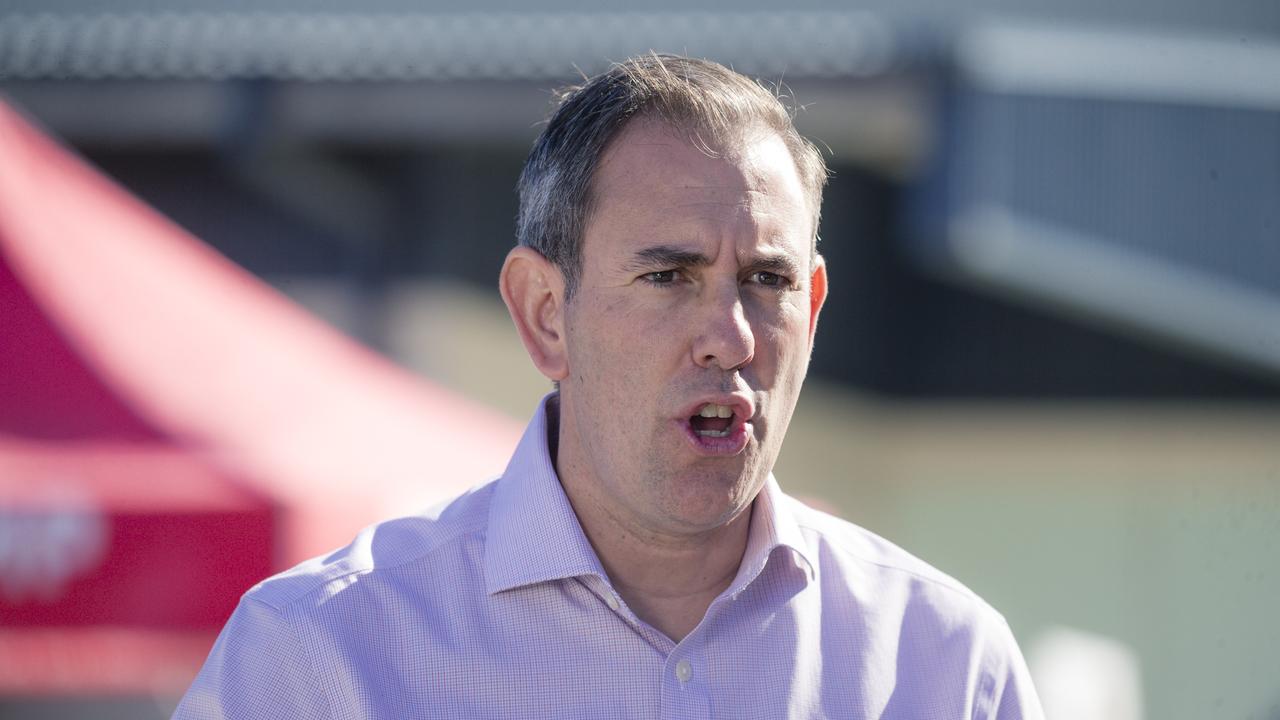

To join the conversation, please log in. Don't have an account? Register
Join the conversation, you are commenting as Logout